I’m sending this re-run back around, because the topic never grows stale.
Every writer fears her first bad review. Face it: not everyone is going to love your book, and some people bring their own issues with them when they review. For instance, I’ve gotten several bad reviews on Amazon, from people who haven’t read my book but are lambasting Amazon using my book’s review page. Amazon won’t pull them down either. Is that fair to me? No. Does it hurt me or my book? My answer may surprise you.
No, I really don’t think it does.
Here’s why: In today’s reading world, 50% of books sold are ebooks, and most of those sell online, on Amazon Kindle, who holds the biggest market share, and on Kobo, Apple iBooks, Google Play, Smashwords, and Barnes and Noble Nook. All of these sites allow readers to review books. The Goodreads social media site allows book reviews as well.
Reviews are a huge tool for visibility for an author, and to discoverability for a reader who is looking for his next great read. The sites post the number of reviews and the average reviews, as well as the reviews and ratings individually. The number of reviews of a book are critical, as are the ratings attached to it (usually on a 1-5 scale), and the substance.
Ebook promotional vendors rely heavily on these rating systems to validate the quality of books submitted for their consideration. The more reviews and the higher the ratings, the better the chance a bank will be selected for a promotional site’s program. These are not the only factors that some promo sites use. Consider Bookbub, the current kingmaker of online promotions, who published an explanation of how they choose books, HERE. I think you should read it.
So reviews matter in sales. Ratings matter. What readers say matters. They matter to all authors, but matter most to indie authors, who don’t have a traditional publisher behind them to procure heavy hitter industry reviews. Hugh Howey contends that half of the top 7000 romance, scifi/fantasy, and mystery/thriller books sold on Amazon are published by indie writers. And Mr. Howey’s reports are another must read, HERE.
Reviews matter for more than sales, though. Reviews provide important information to an author. If an author has asked 20 close friends and family members to review a book, and none choose to do so after six months of begging, this tells the author that his friends and family suck.
No, just kidding.
What it should tell the author is that his friends and family would rather extend the uncomfortable silence than tell him that his book stinks.
Sidebar: Amazon removes reviews at its sole discretion, and will do so if it thinks it catches someone with a stake in the book leaving a review. In my early days as a published author, this meant my mother, and anyone else with Pamela, Fagan, or Hutchins anywhere in their name, regardless of relation to me, or our and their protestations to Amazon. Note that we estimate that 10-15% of the reviews left on my books are taken down by Amazon, and we’ve flapped and squawked about many of them (those that are reported to us by frustrated reader/reviewers) to no avail. Amazon just keeps pulling them down. And I keep writing about it.
If an author receives a few 5s–the best review–from close friends and family but 1s and 2s from all other reviewers, this tells her that her book stinks.
If an author receives as many 1s and 2s as 3s, 4s, and 5s, or, worse, more 1s and 2s, his book has problems.
These authors would be well advised to read the reviews, however traumatic that might be, and look for commonalities. They should “listen” with every bone in their bodies, and consider a rewrite or major revision if readers provide consistent feedback about the substance of the book. If the reviewers consistently point to excessive errors, the author should immediately hire a professional copyeditor to fix the book, or accept that the reviews will either not come, or will continue to be in line with the reviews to date. This is the beauty of modern publishing: you aren’t stuck with your bad book. You can fix it, and re-upload it. And you should.
So remember that my thesis was whether bad reviews hurt an author, and I opined that they did not? In my humble opinion, the situations described above help the author, not hurt her. They give her valuable information. How she chooses to use it (or view it) is up to her. Yes, she is stuck with a negative rating, but not a rating that she shouldn’t have (reasonably) expected. She is hurt less by the reviews than by leaving a book up, in bad shape. I’ve known several authors who pulled their books down when they received consistent negative feedback, fixed them, and reuploaded them to much better reviews and great sales success. Kudos to them.
But what about the author that gets mostly 4s and 5s from strangers, only to have a 1 dropped on their otherwise high-performing book? This author is getting consistent feedback that his book is just fine, maybe good, maybe even really good. Does this author deserve the big 1 stinkbomb, whether it’s from someone who hates them, hates their book, loves another competing author, hates everyone, hates the genre, or hates the online seller?
Deserve doesn’t matter. It wasn’t even the issue I said I’d address.
The real question is whether this author and this book is hurt by this review. And I contend that they are not; that in fact the review helps the book. Why? Because the presence of a bad review shows that anyone can and does review the books at the seller’s website. That all the good reviews aren’t from paid shills or someone sleeping with the author. Assuming the reviews on the book aren’t skewed toward 1s and 2s already, this random seagull poop legitimizes the book’s good reviews.
I can hear you. You’re saying, “But it hurts the book’s average, Pamela. Now the books is a 4.3 instead of a 4.4.”
Yes, you’re correct. The average is lower. But let’s get real here. If your book has above a three on Amazon (Goodreads trends lower because their rating scale is lower), it’s doing all right. If it has above a four on Amazon, it’s kicking butt. And a couple of crappy reviews aren’t going to tank it. They barely touch the average. That mathematical impact is more than offset by the legitimizing impact, and they often cause other reviewers to rate higher and refute the hater.
Don’t believe me? Let’s use my 1 reviews as examples, because I wear them like badges of honor. Below is a screen shot of what happened to me on June 28, 2014, and I have no idea who the reviewer is or who my defender is (But I will agree with the commenter that I do not categorize or describe my writing as Christian fiction ;-D and would want a reviewer to rate the book on its quality for WHAT IT IS, instead of giving it a one because she doesn’t like the genre, after she downloaded it for free in the first place. Oh well.):
Interestingly, the next reviewer to leave a comment also refuted this 1 comment, by leaving a great review that laid out why it was appropriate for the 18 and up crowd, amongst other things.
Sidebar: I just ran this book on a free promotion with Bookbub. It had nearly 100,000 downloads as a result. I’ve found the percentage of illogical 1s and 2s goes up with free downloads. It’s very strange, because all of my most recent reviews are from the free download period, and some of them are fabulously thought out and brilliantly written, from serious readers who appear to be serious about reviews too (and range from 3 to 5). And a few are absolute irrational troll reviews. Oh well, did I mention I think bad reviews help?
Because I do.
Bad reviews tick the review counter up the same as good ones do. The all important counter of reviews now reads 36 instead of 35, or 15 instead of 14, or 127 instead of 126. Is this the magic number of reviews that will tip Bookbub over into picking that book for a promotion? It may be. Is this the number that invites even more internet-shy readers to leave reviews, safe hiding in the anonymity of a crowd of reviewers?
The counter matters. It matters a lot. As long as the average is over three, it matters more than the number.
Moral of the story for an author: encourage your readers to be honest. Make it safe for them to leave an 3 or 4 review on your book. (Hey, Friends of Pamelot: I’d rather have a bad review than no review. I promise to love you anyway.) I know authors that get angry when readers leave reviews lower than a 5. That’s a good way to shut down the source, people. The counter is more important than the number. Also, the author MUST leave honest, quality reviews online himself, modeling the behavior he is asking others to emulate. The author should never stop trying to get more reviews, as long as her book is live on the sales sites.
Here’s another free download period recent troll review on my book Saving Grace, which has (at present) 206 reviews and a 4.5-star rating (update: 2,756 reviews and a 4.3-star rating…which sounds like a greater amount of social proof? Hmm, and it has a 0.2-lower review…). Let’s use this one as an example of how we as readers evaluate reviews on books, as we try to decide what weight to give them in our selection:
Now I don’t think I wrote a Pulitzer-winner with Saving Grace, but it has won several lesser awards and has a solid base of great reviews from strangers all over the world. So we looked harder at this reviewer, trying to decide if we felt the feedback was relevant. You can click on a reviewer’s name and get more information. When we did, this is what we saw (these are the last two reviews left before the reviewer left mine):
LOL. Maybe she hates the world?
Here are the next three, and note that these are also 1 star EXCEPT for two 5 stars LEFT FOR THE SAME AUTHOR. Aha. She loves him.
It’s true that this reviewer and some others fail to see that there is a (2, 3, or 4) choice between “the worst thing ever” (1) and “the best thing ever” (5), but, remember, THESE REVIEWS HELP YOU by ticking up your counter, legitimizing your other reviews, and creating a rebound effect of good reviews refuting the substance (if any) of the troll reviewer.
Moral of the story for the few readers who have slogged through this overlong post: if you’re trying to choose a book, you can look further to verify outlier feedback, by clicking on the reviewer’s name to see their reviewing history. Trust the average of the book and the relative distribution of reviews.
I mentioned earlier that Saving Grace recently had a Bookbub day. At one point it went to #2 overall on Kindle. The #1 book had the same percentage of 1s and 2s as Saving Grace (SG has 6-1s and 2-2s). I am sure these 1s and 2s frustrated that author. But look at the distribution and the average:
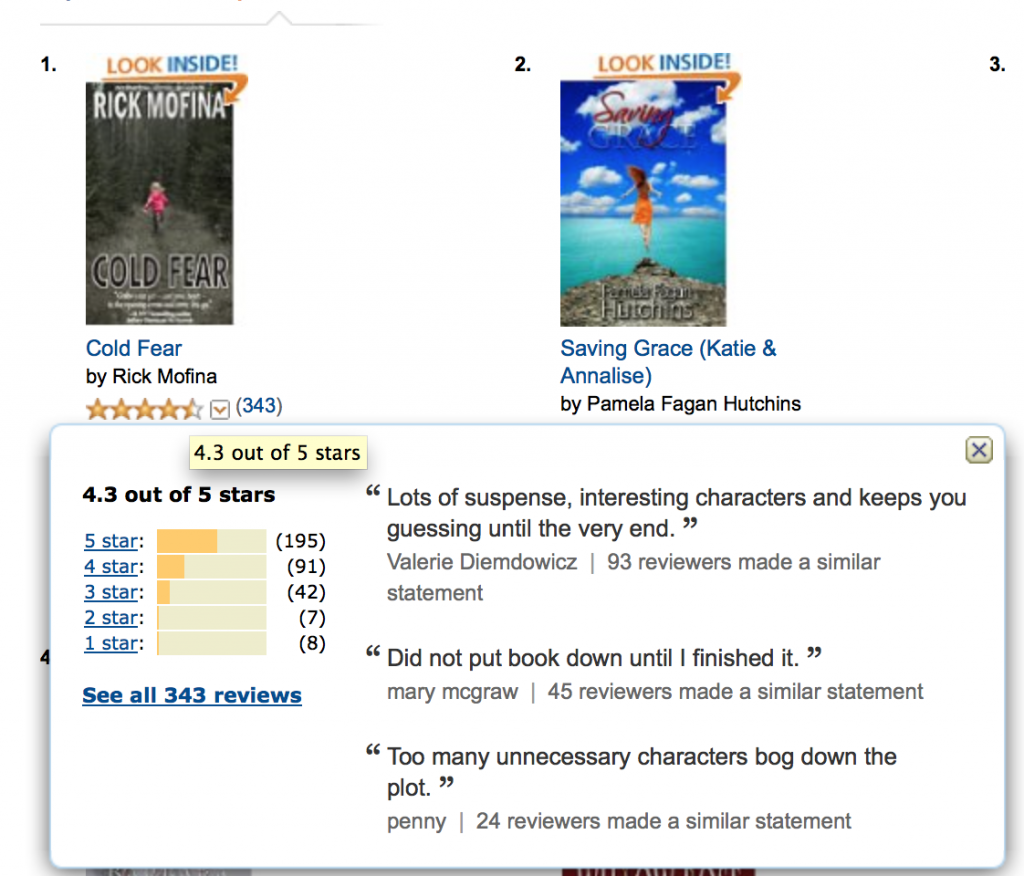
Looks like a great book with predominantly excellent reviews left by real humans. My conclusion: I’d love to read it.
So, my author friends, bad reviews happen. It’s going to be OK. There are some haters out there. Take the high road (never respond to them), and gloat in the knowledge that they just make your book look better, and the haters don’t even know it.
That’s one woman’s opinion anyway.
For tips and floggings like these and many more, check out my classes on the SkipJack Publishing Online School (where you can take How to Sell a Ton of Books, FREE).
Pamela
Pamela Fagan Hutchins, USA Today bestseller and winner of the 2017 Silver Falchion
Best 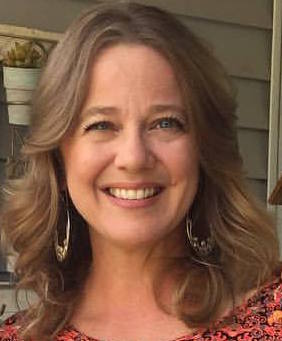 Mystery winner for her What Doesn’t Kill You series, writes hilarious nonfiction (What Kind of Loser Indie Publishes, and How Can I Be One, Too?), too. She teaches writing, publishing, and promotion at the SkipJack Publishing Online School (where you can take How to Sell a Ton of Books, FREE) and writes about it on the SkipJack Publishing blog.
Mystery winner for her What Doesn’t Kill You series, writes hilarious nonfiction (What Kind of Loser Indie Publishes, and How Can I Be One, Too?), too. She teaches writing, publishing, and promotion at the SkipJack Publishing Online School (where you can take How to Sell a Ton of Books, FREE) and writes about it on the SkipJack Publishing blog.
Pamela resides deep in the heart of Nowheresville, Texas and in the frozen north of Snowheresville, Wyoming. She has a passion for great writing and smart authorpreneurship as well as long hikes and trail rides with her hunky husband, giant horses, and pack of rescue dogs, donkeys, and goats. She also leaps medium-tall buildings in a single bound (if she gets a good running start).
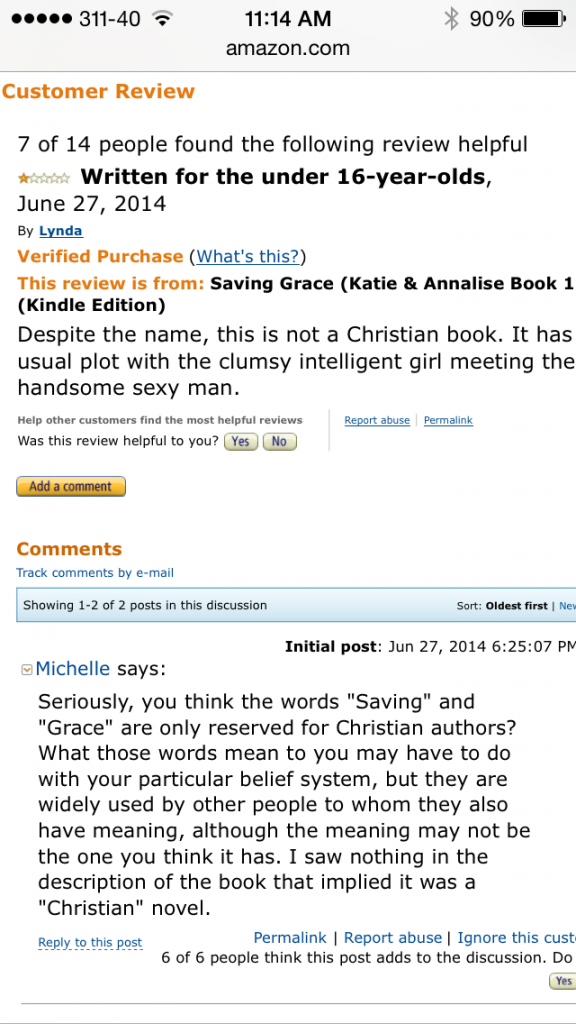

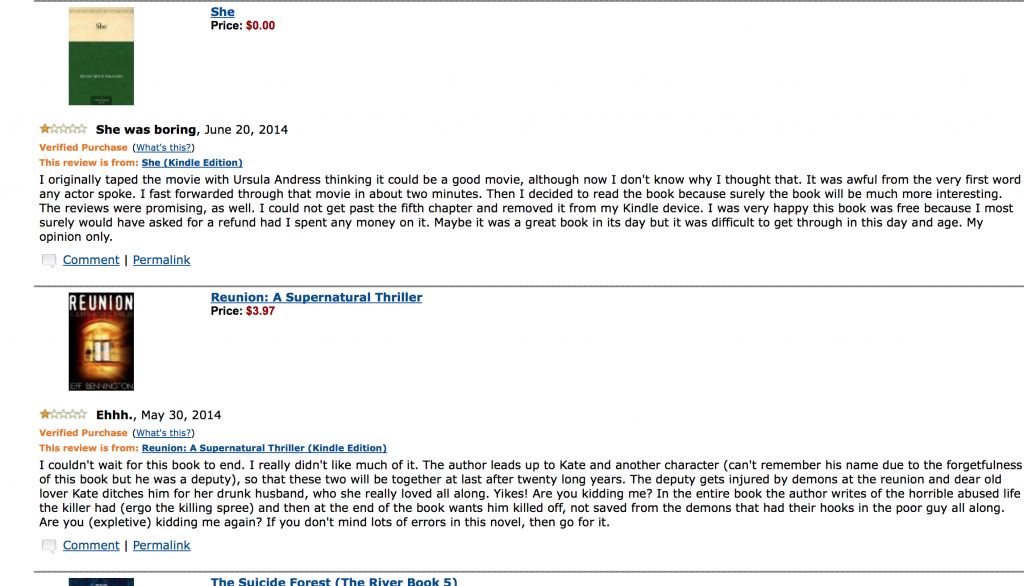
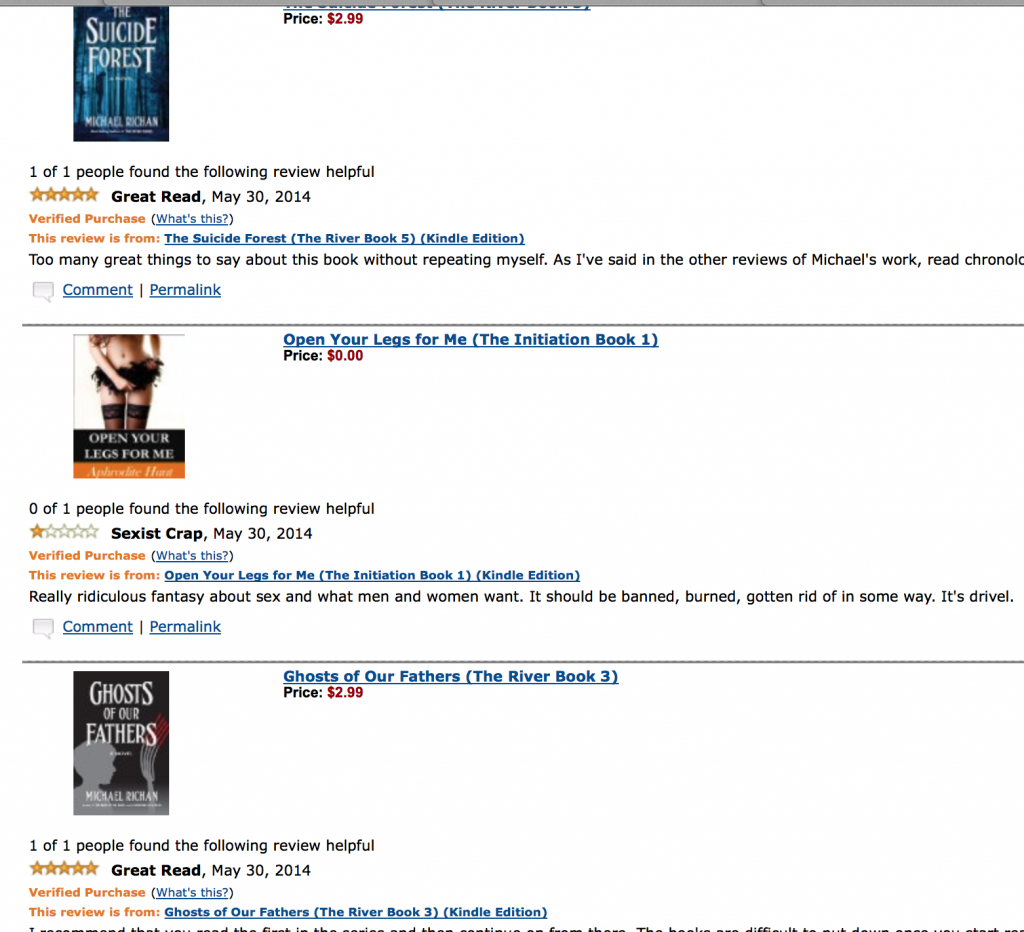
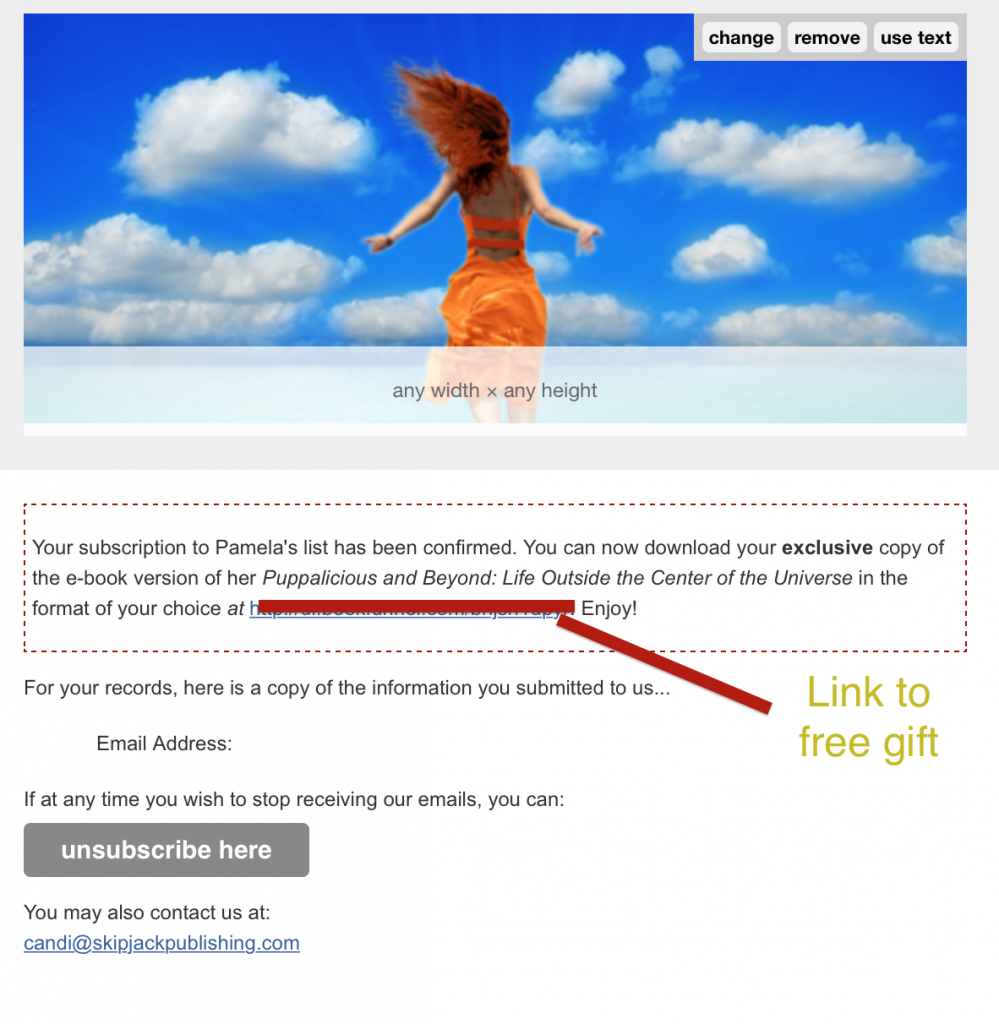
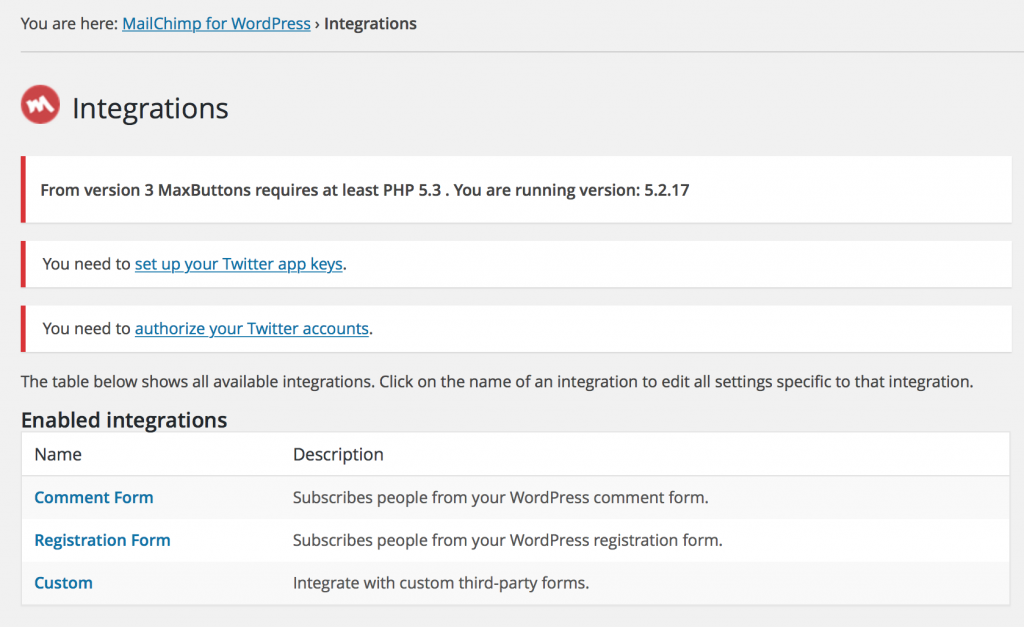
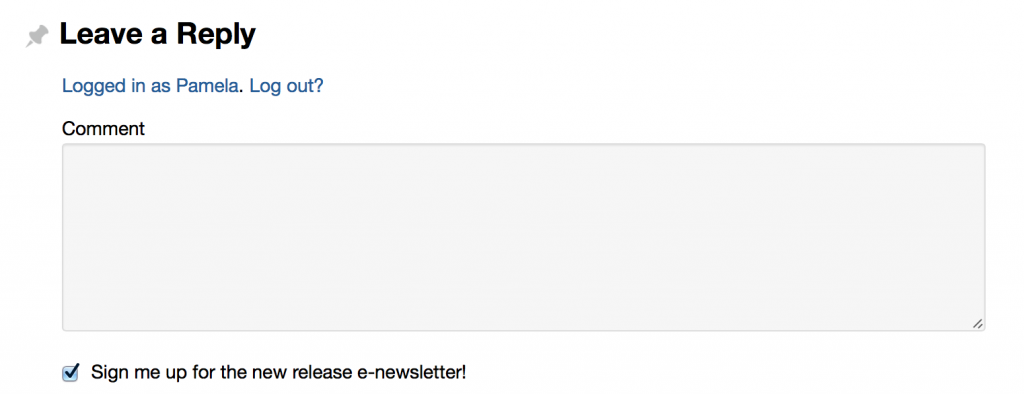
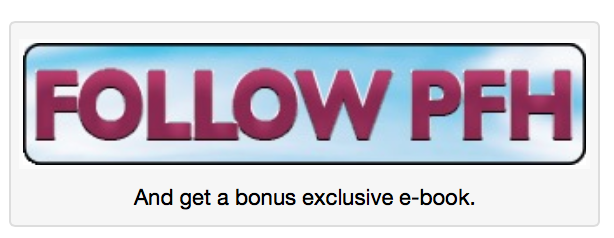
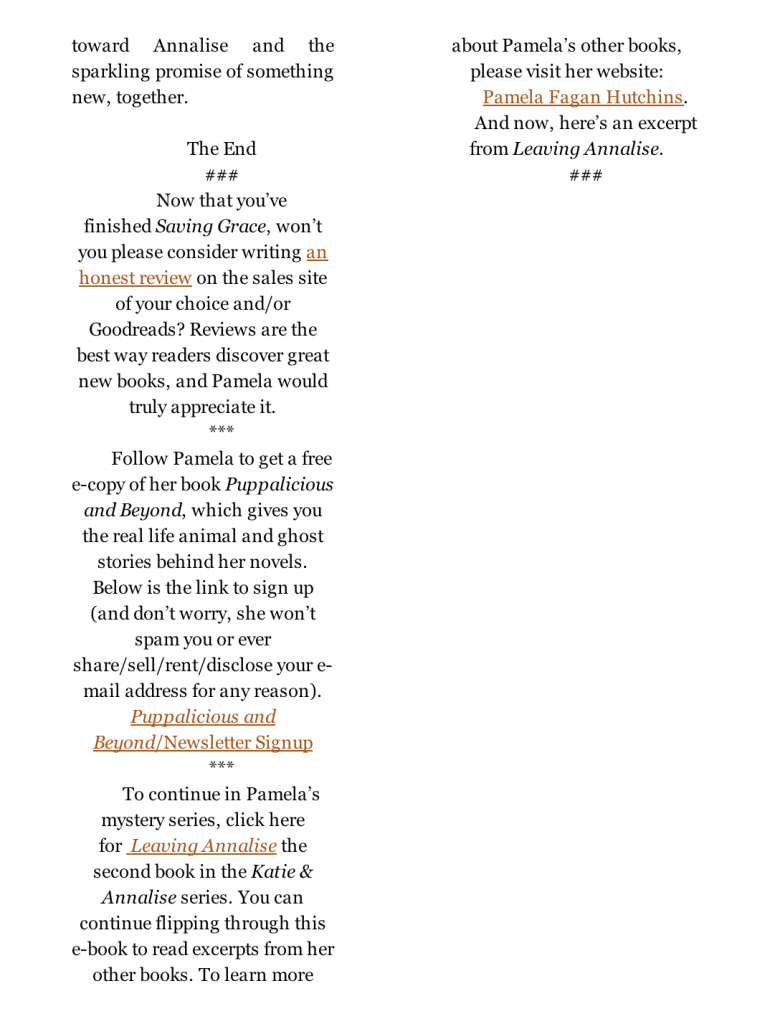
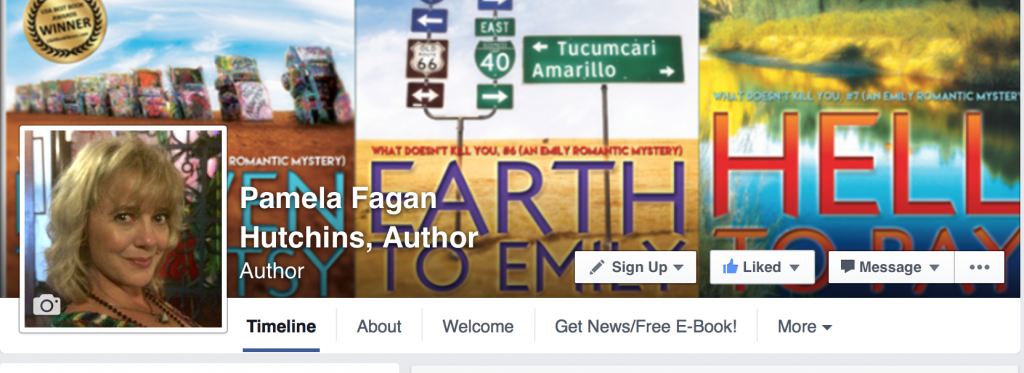

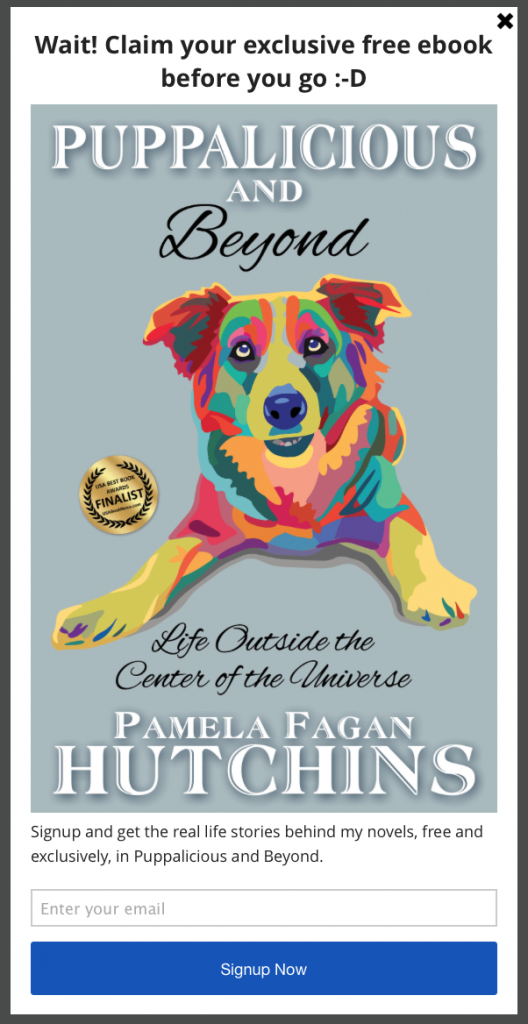

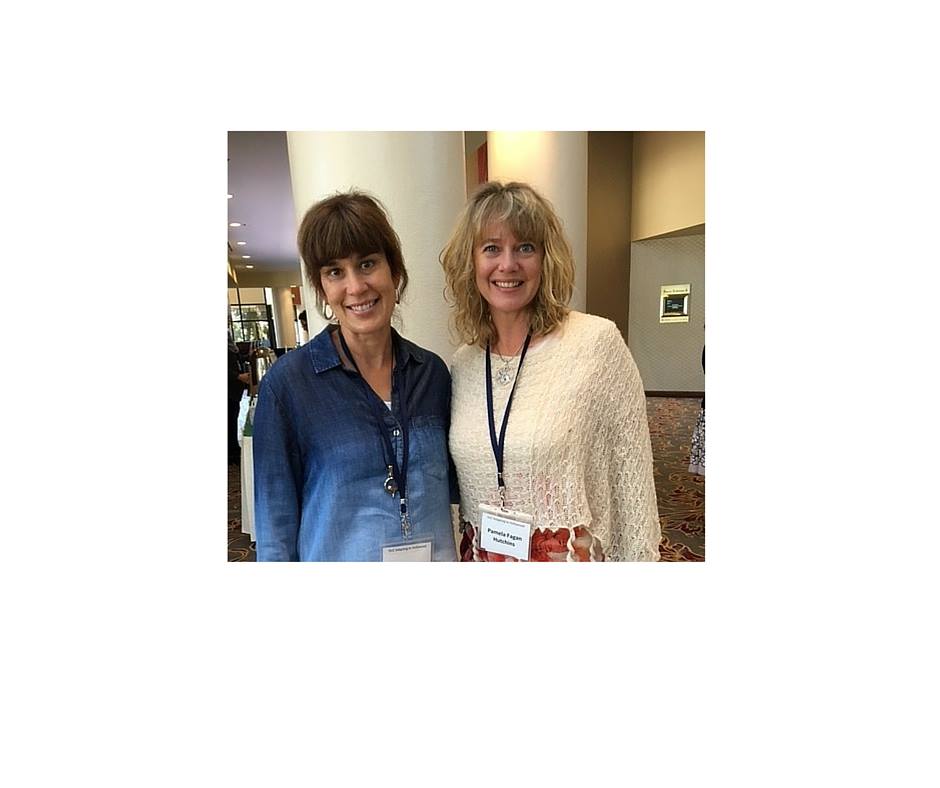



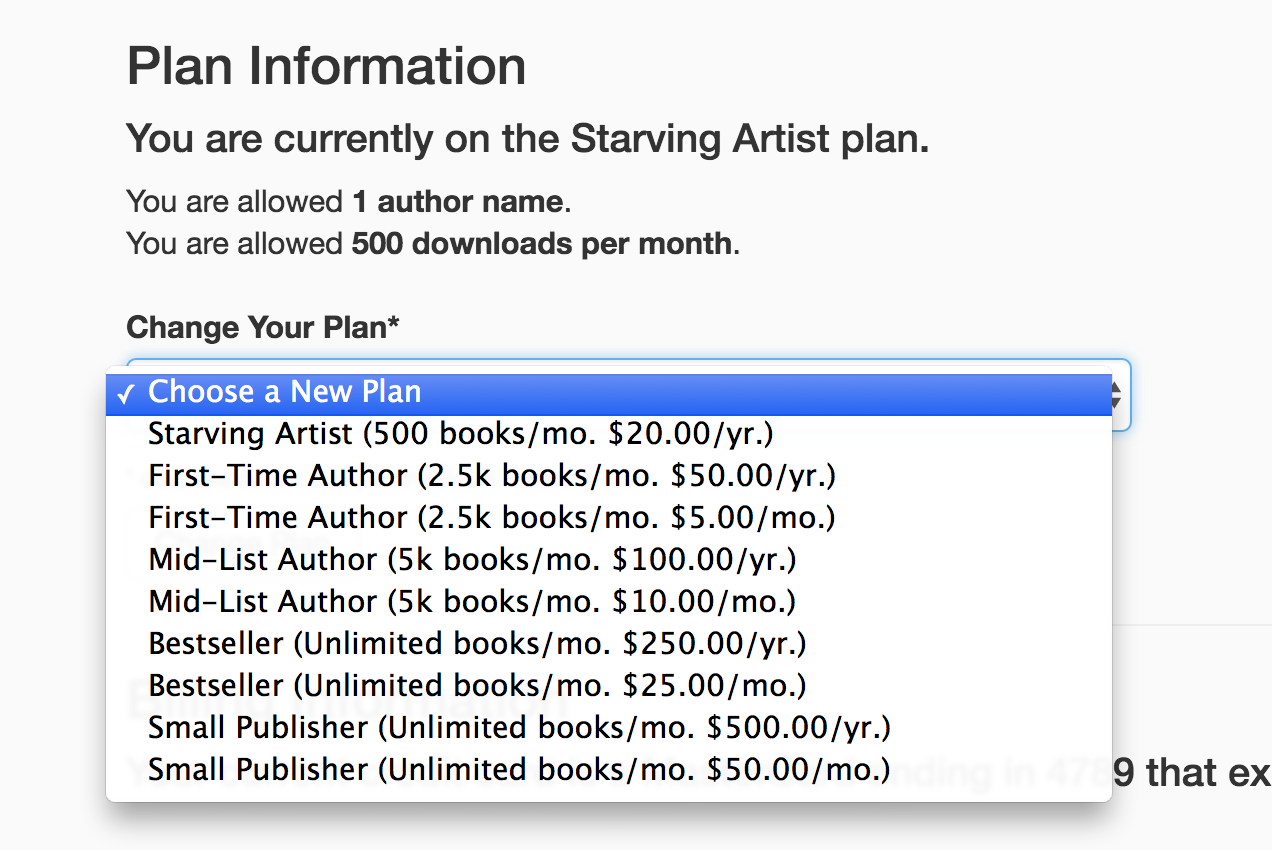
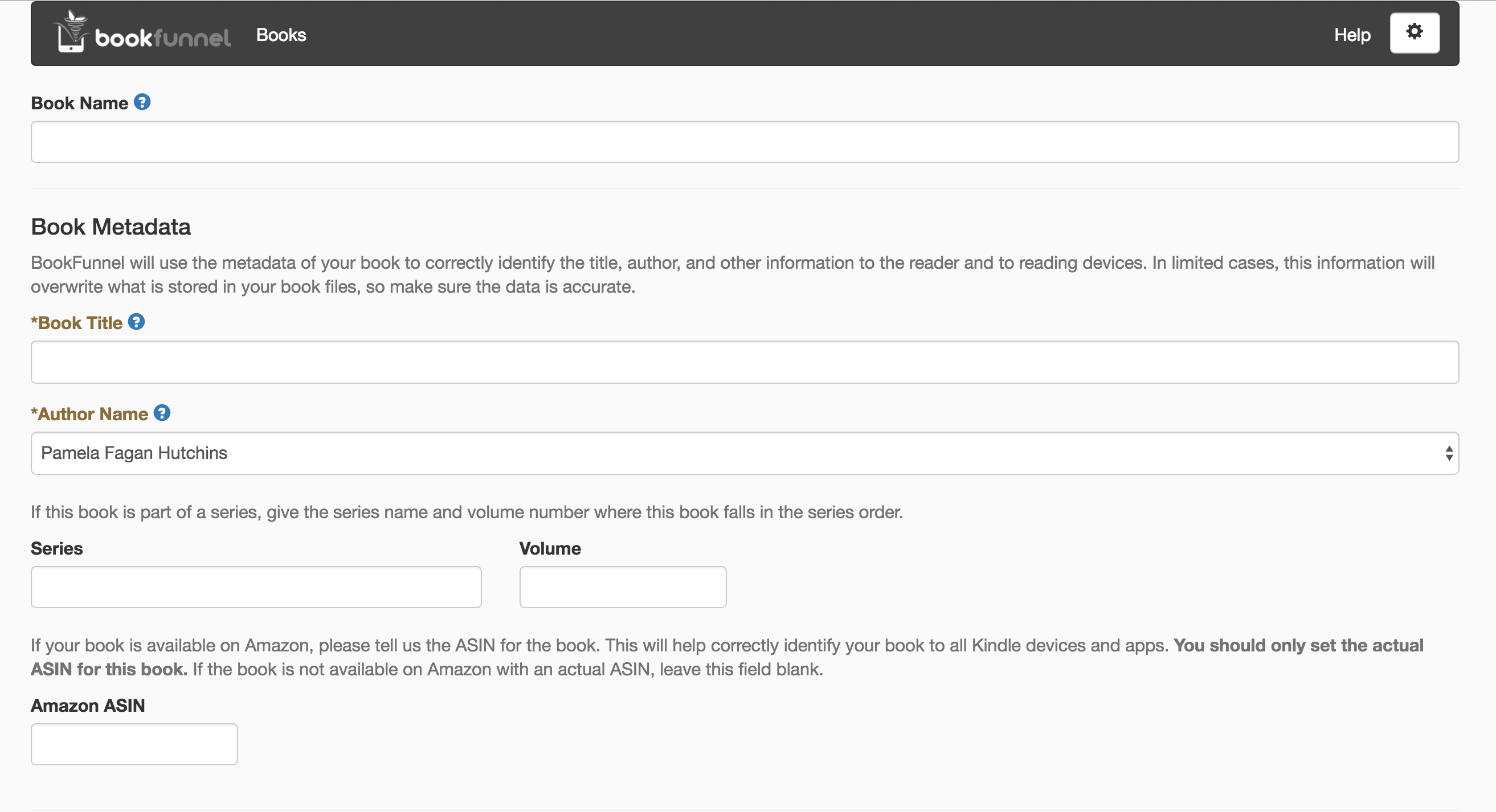
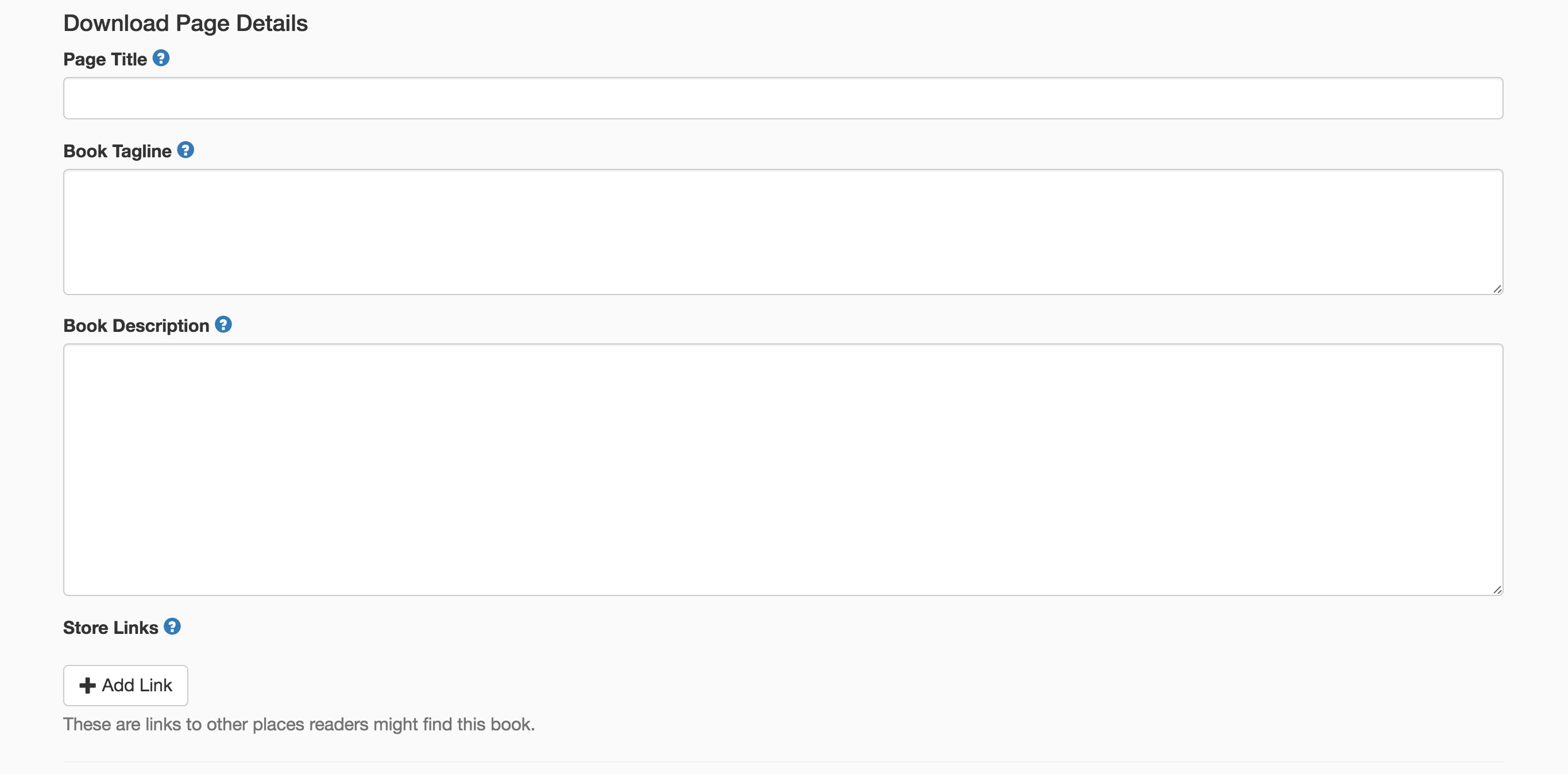
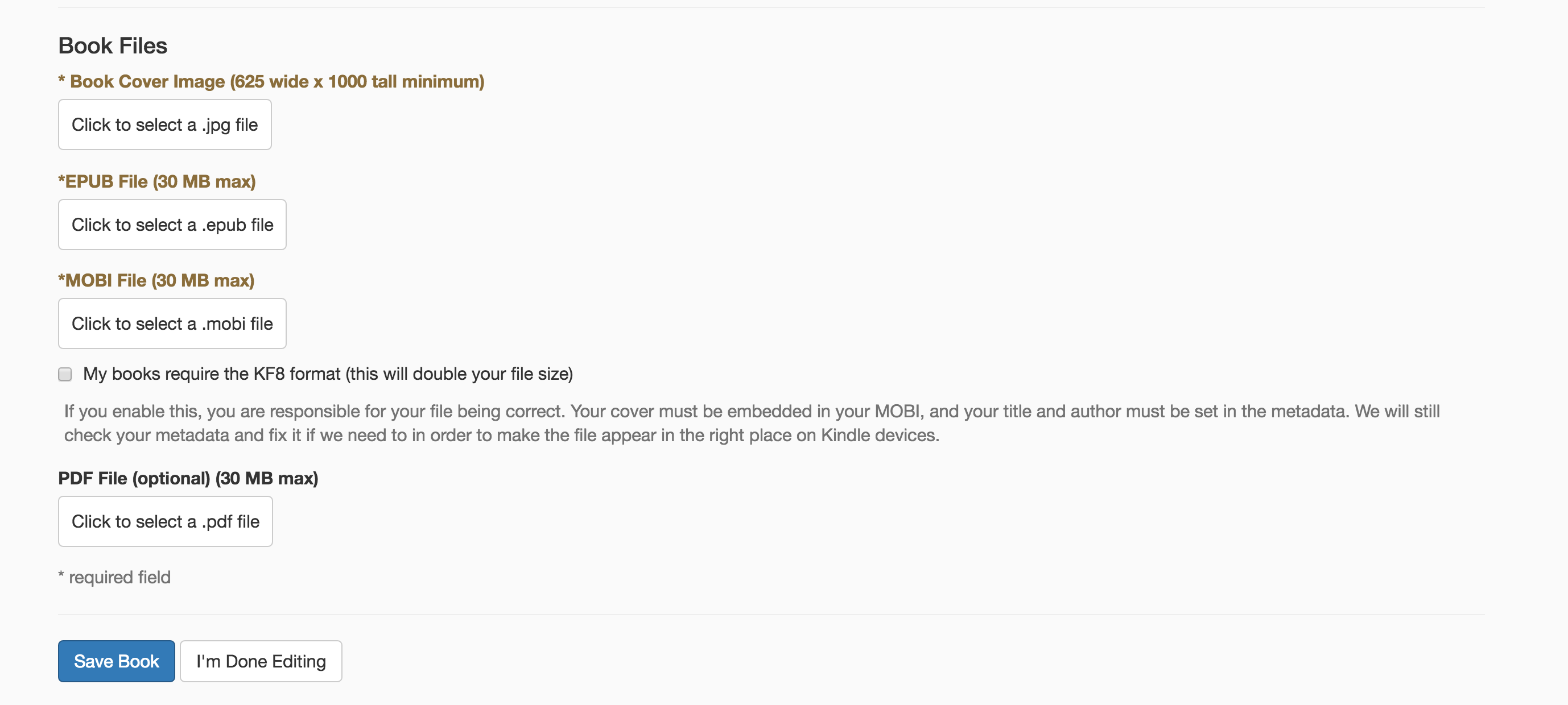

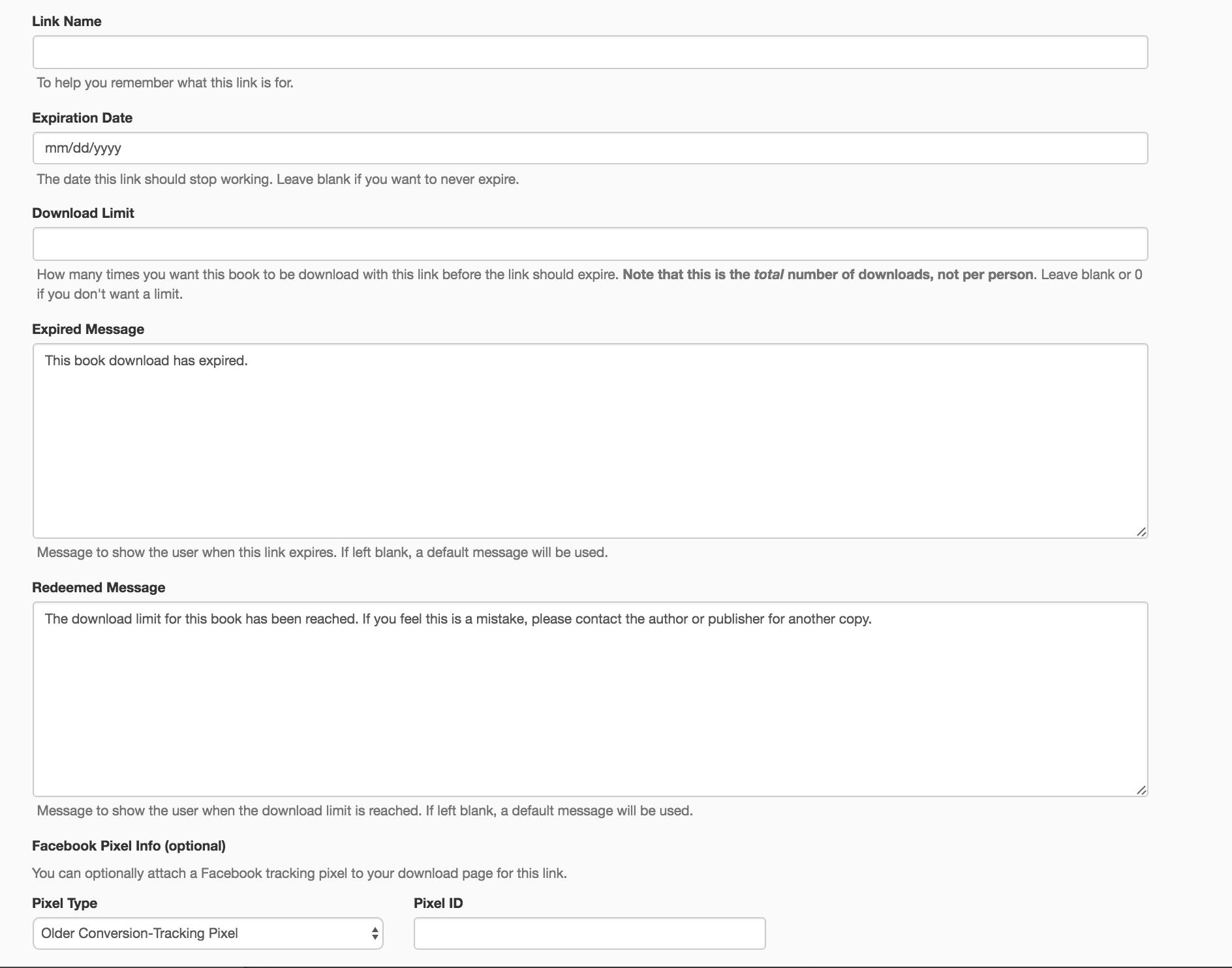

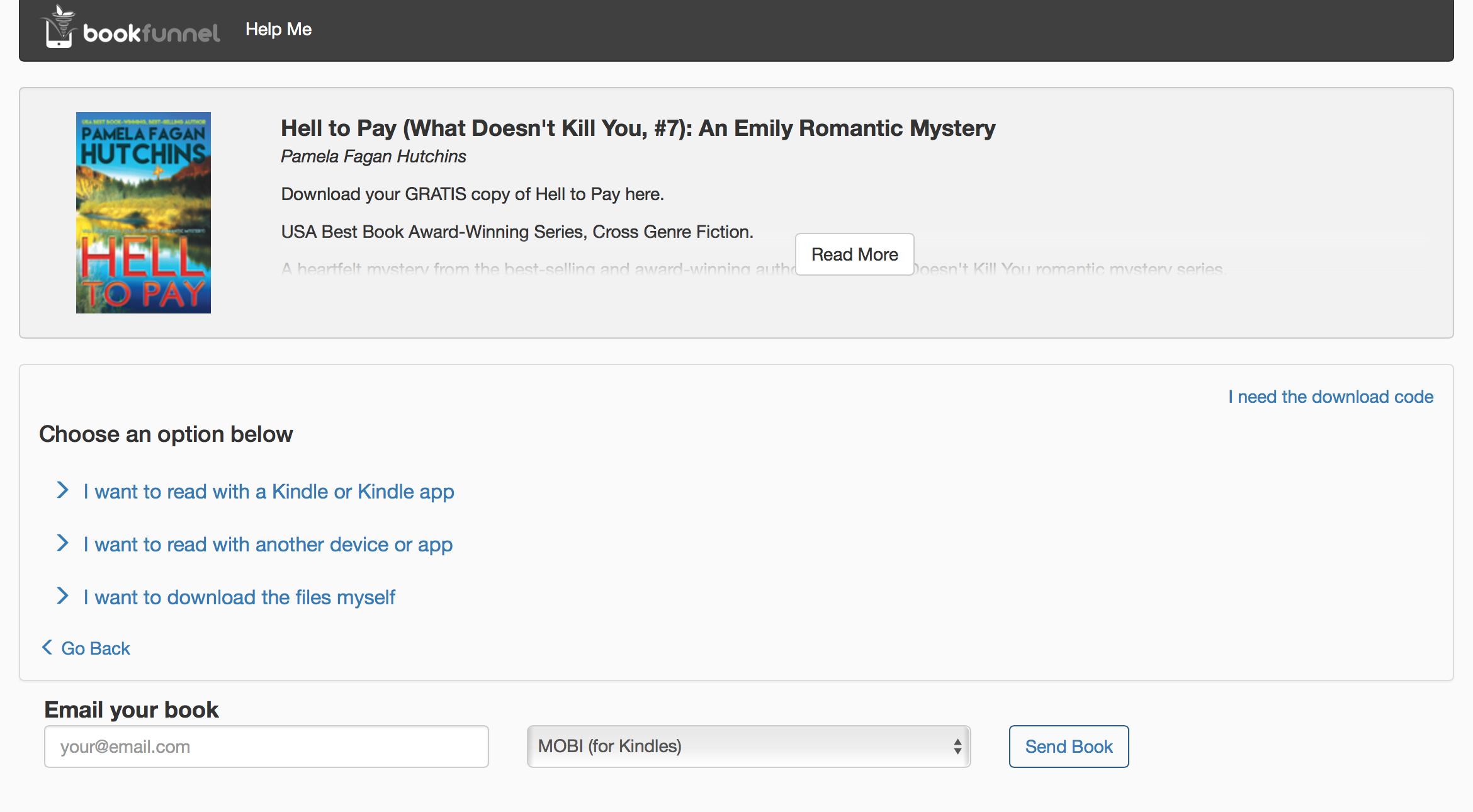
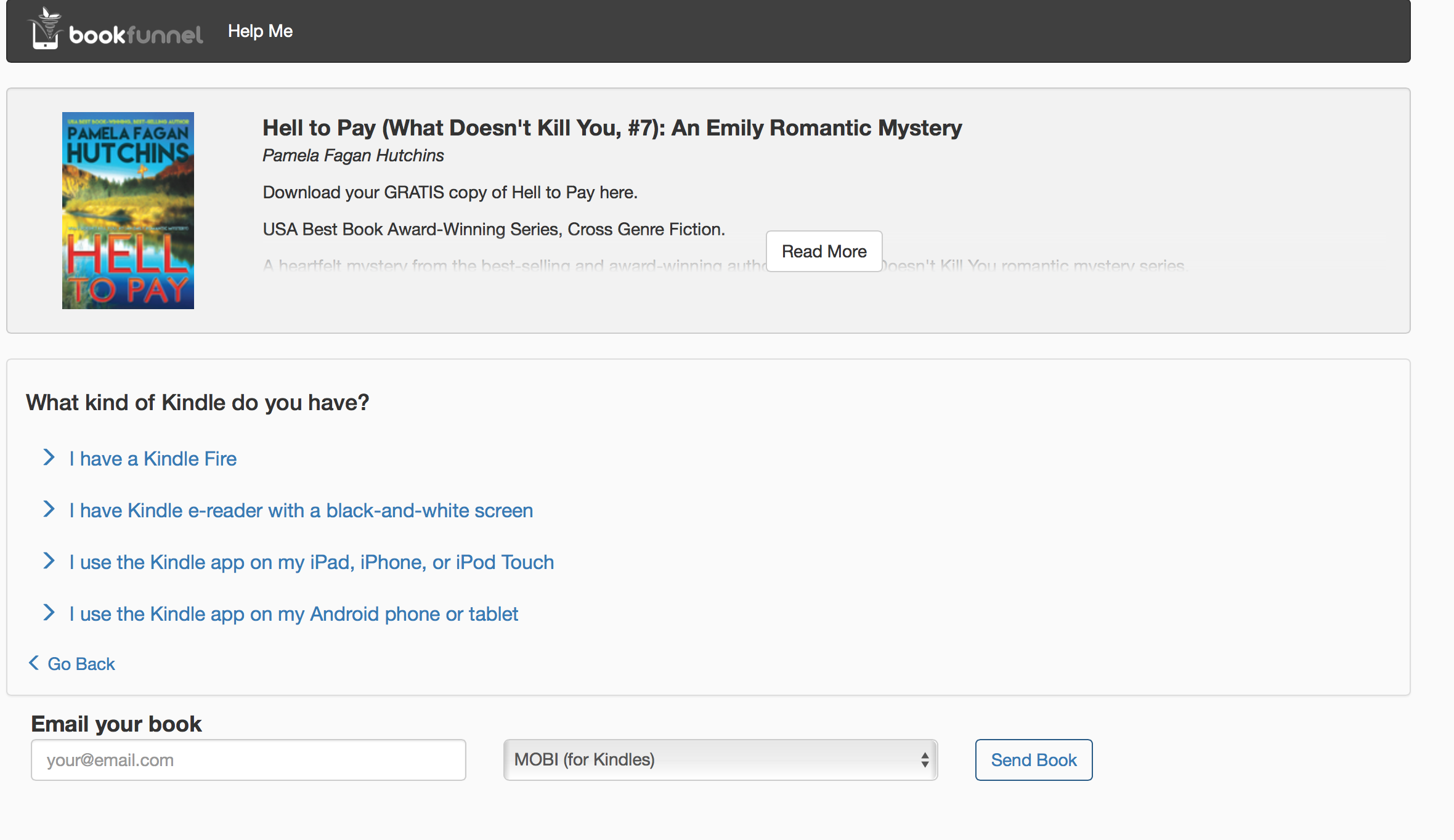
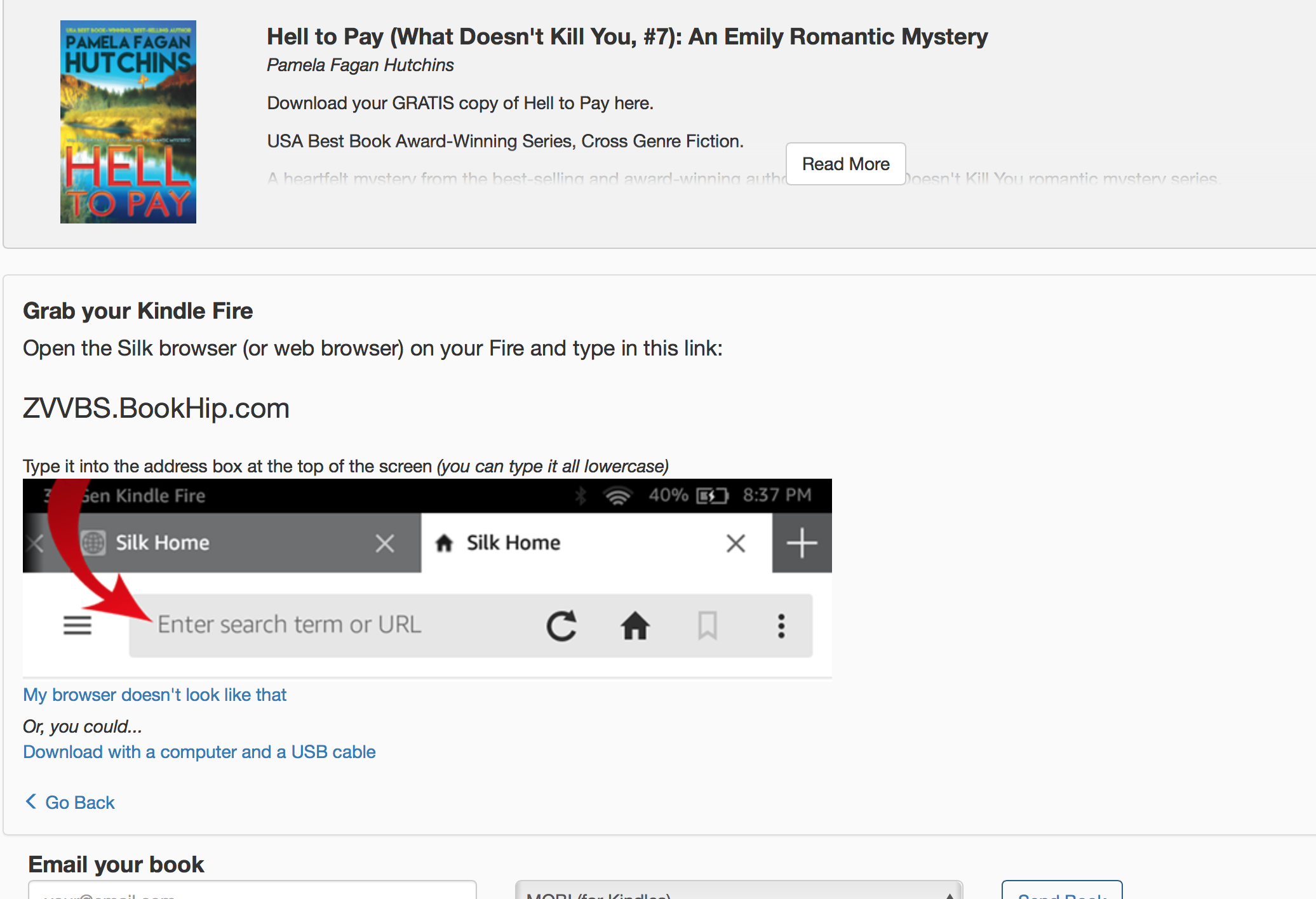
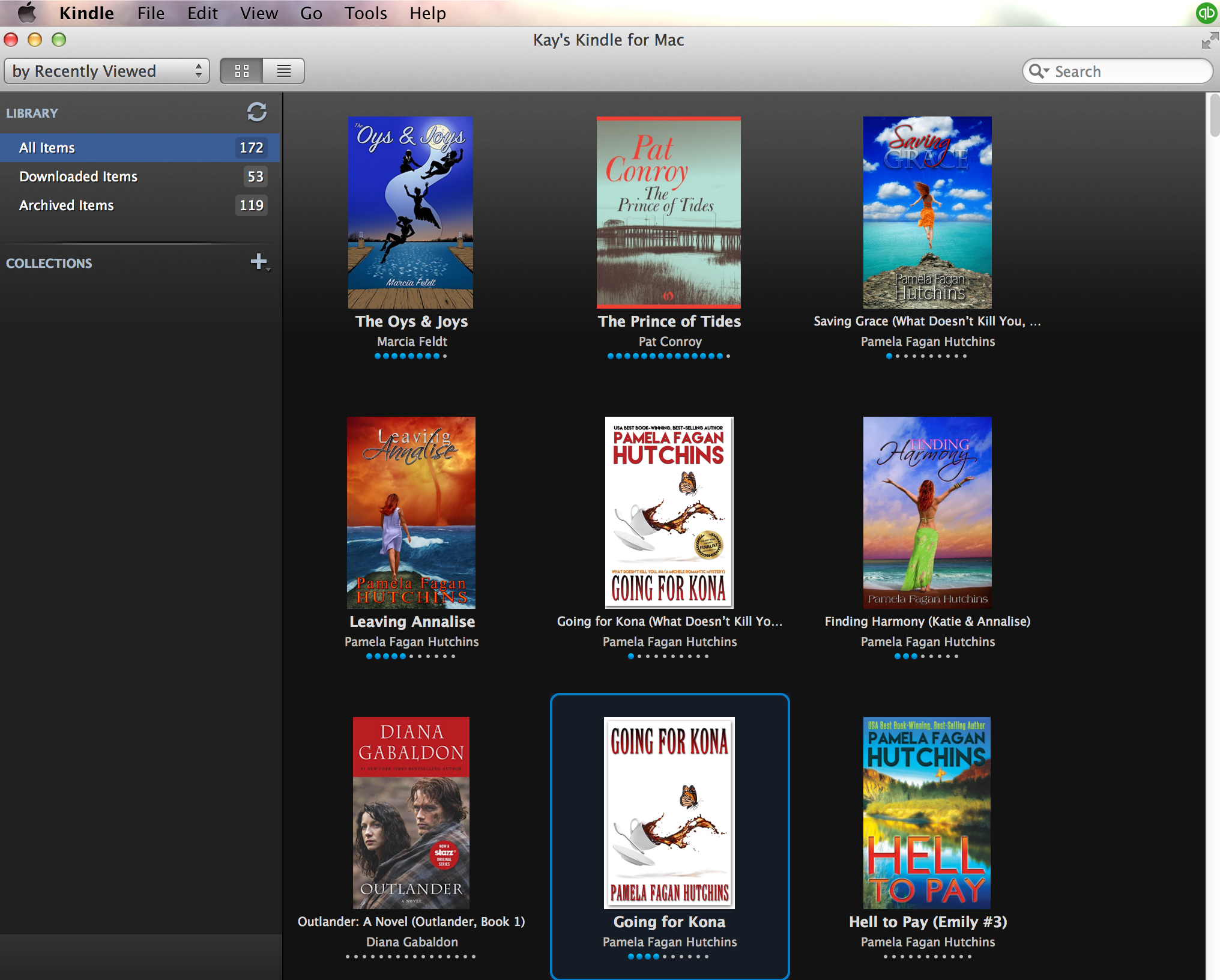

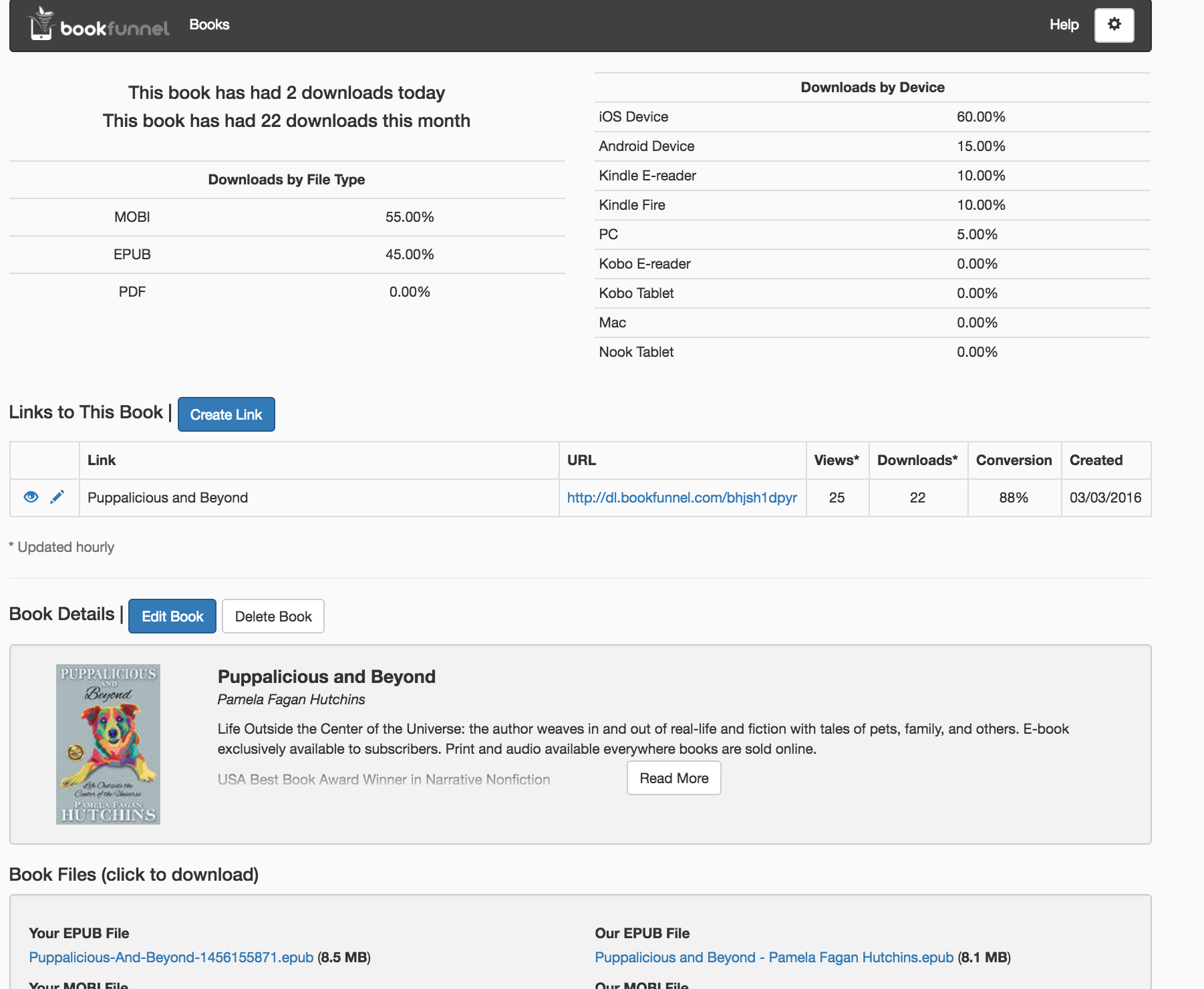
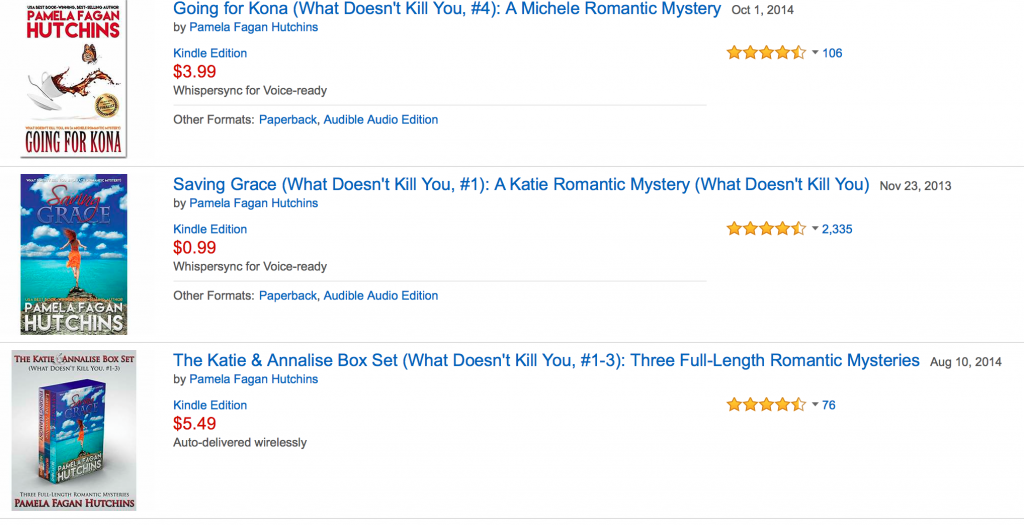 Online reviews are EVERYTHING for the sale of indie books. I focused almost exclusively on reviews as a marketing strategy when my first novel, Saving Grace, was published. Three and a half years later, it has more reviews (2300+ with 4.3-stars) on Amazon than Janet Evanovich’s One for the Money (the book it’s most often compared to). And it has now done 1.2 million downloads. And I’ve quit my job as a lawyer.
Online reviews are EVERYTHING for the sale of indie books. I focused almost exclusively on reviews as a marketing strategy when my first novel, Saving Grace, was published. Three and a half years later, it has more reviews (2300+ with 4.3-stars) on Amazon than Janet Evanovich’s One for the Money (the book it’s most often compared to). And it has now done 1.2 million downloads. And I’ve quit my job as a lawyer.

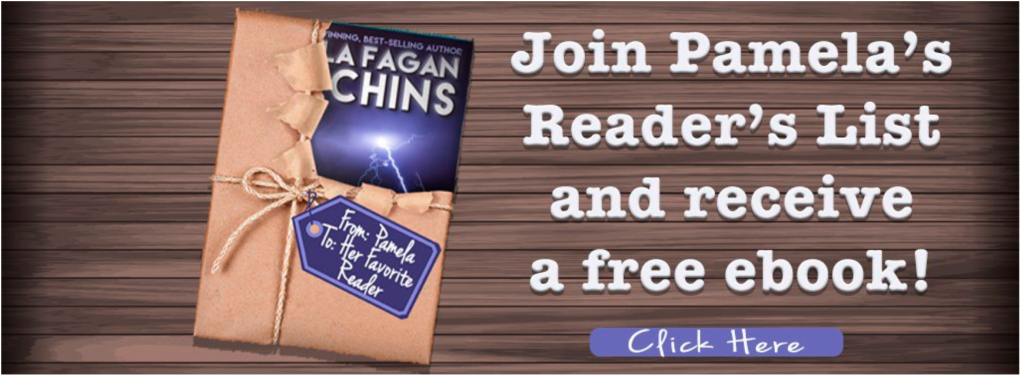
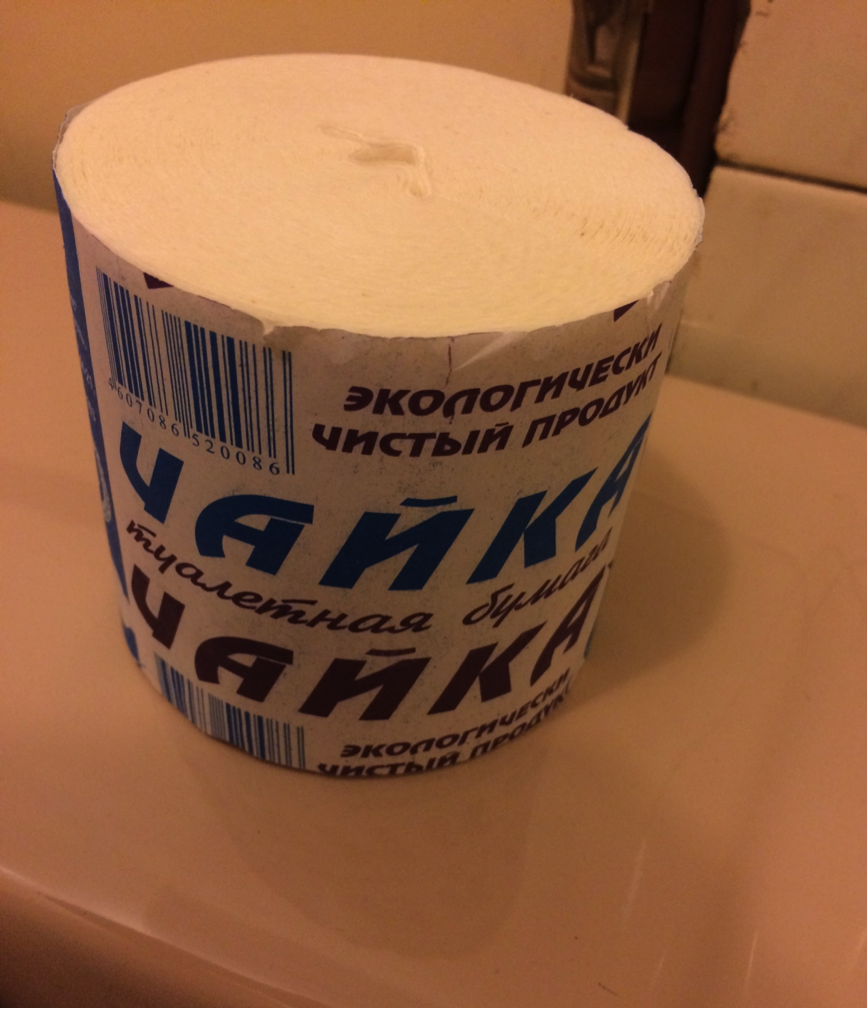
 million cardboard tubes that just get thrown away. In the end, your roll may be smaller but it will have more of what people want.
million cardboard tubes that just get thrown away. In the end, your roll may be smaller but it will have more of what people want.